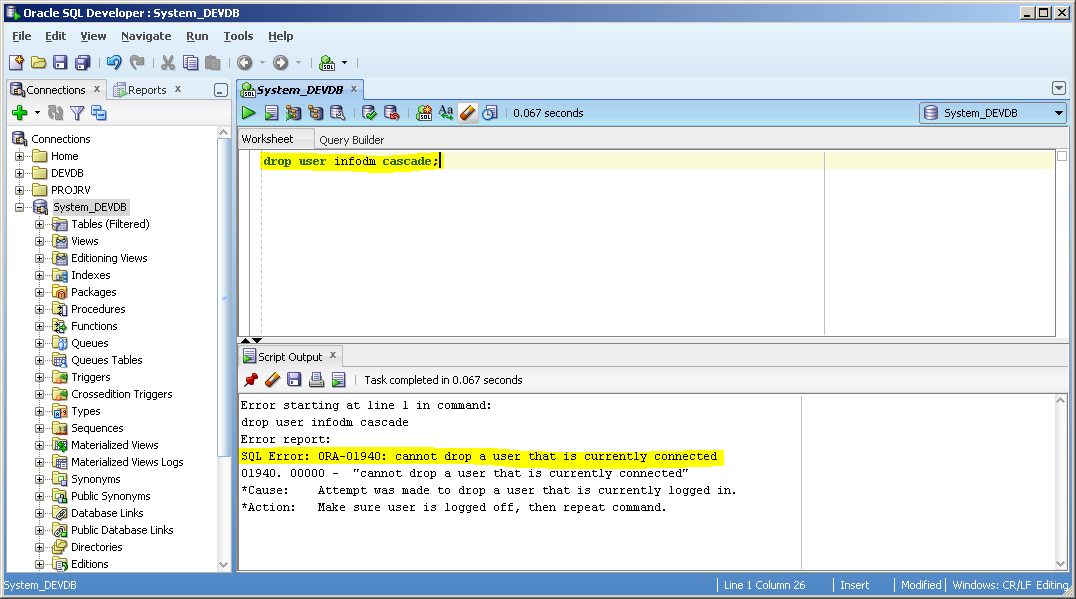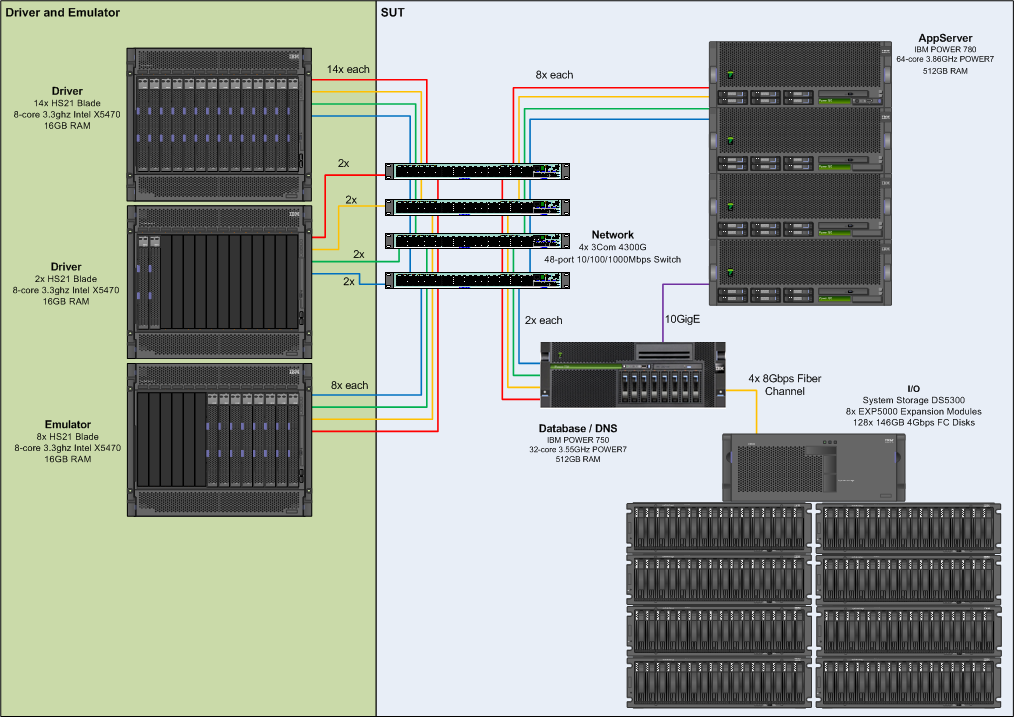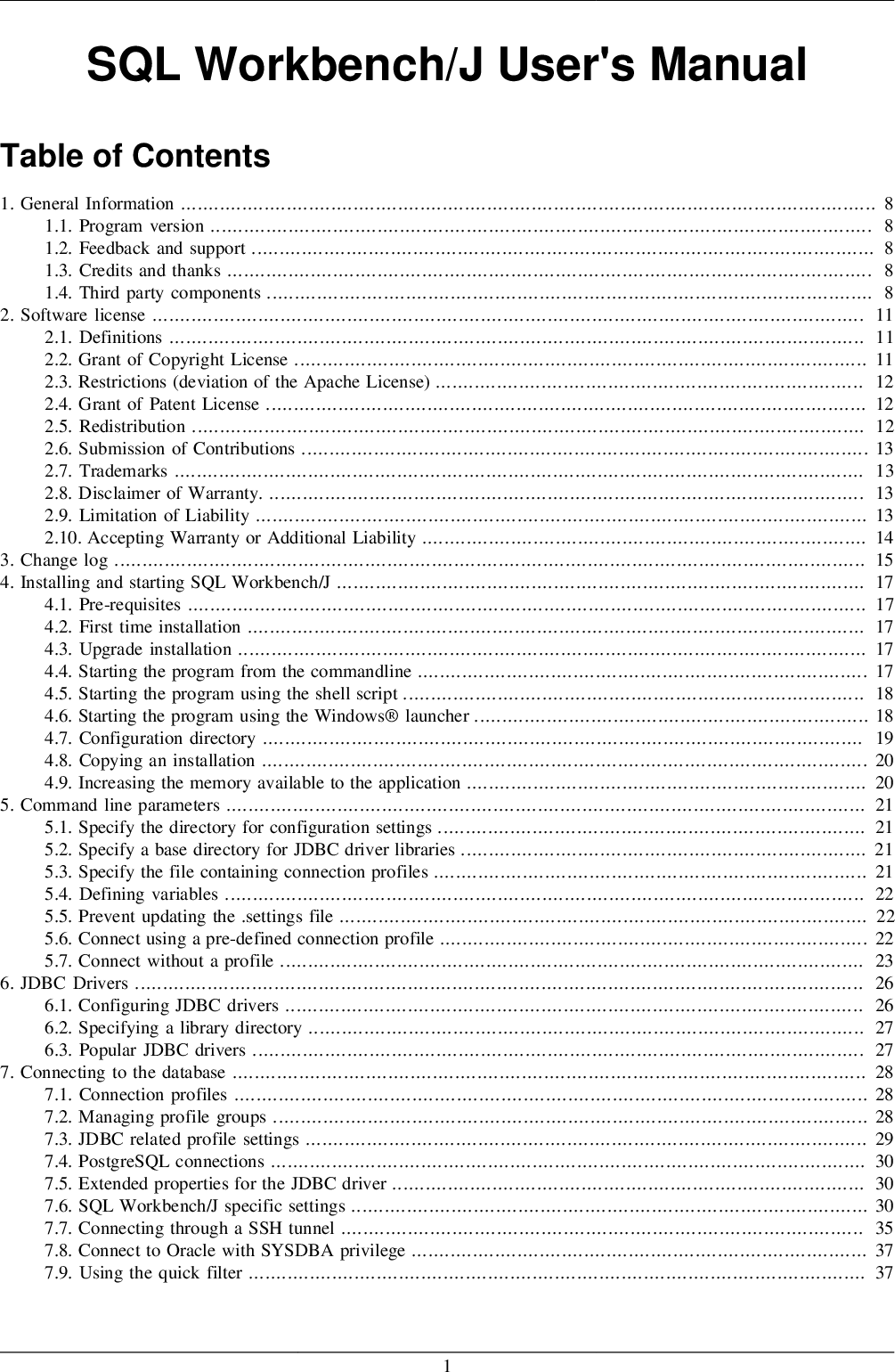

- #Ibm db2 universal database download archive
- #Ibm db2 universal database download full
- #Ibm db2 universal database download software
- #Ibm db2 universal database download Pc
The promise was that that release would fix the many bugs and problems with Oracle 8.1.5 that I lamented in my recent review on LinuxWorld.

Oracle 8.1.6, a.k.a Oracle 8i Release 2, was announced for Linux in February, with a free download available in March. Oracle 8i Release 2 better but still brittle
#Ibm db2 universal database download archive
You might be wondering why IBM doesn't gzip it as well, but it turns out that most of the archive contents are RPMs, which already compress their contents. Besides, linuxpecmn.tar was a pretty modest-sized download (relative to its peers) at 75 MB. There was an option to order a CD, but the last time I ordered a DB2 CD from IBM (UDB 6.2), delivery took over two months, and I wanted to have a look this year. I downloaded IBM DB2 personal edition from the source (see Resources).

#Ibm db2 universal database download full
Promising the full panolpy of enterprise database features, from a robust ANSI SQL-92 core to Object Database (if not yet SQL-99) extensions to administration, network, performance tuning, and replication tools, to extenders for geospacial systems, XML, hard-core financial number-crunching, et cetera, et cetera, et cetera. Big Blue has followed through with Linux versions of each subsequent release. In fact, DB2 for Linux was originally to be available at no charge, and it only became payware after IBM noticed high demand from corporate customers. IBM first ported its Universal Database to Linux in version 6.0, in the great 1998-1999 wave of commercial database ports that also starred Oracle, Informix, Borland, and Sybase.
#Ibm db2 universal database download software
IBM has made moves in that direction from both the hardware end, such as the Thinkpad, to the software end, such as the subject of this article: DB2. Not that IBM is incapable of splashy software: its remarkable Alphaworks project has contributed rather nifty stuff to the Java and XML communities (pretty much all of which runs on Linux).īesides contributing to free Linux software, IBM has been supporting Linux with its popular and well respected commercial offerings ("nobody ever got fired for buying IBM"). Jikes, IBM JDK, Apache patches, and a Linux port to the 300 series mainframes (someone was very bored) are not exactly the sorts of goodies that have a Linux pundit hopping up and down, but they provide real, solid bases for businesses looking at Linux for critical tasks. The truth is that IBM's many contributions to Linux have been typical Big Blue: very practical and thus very boring. That is all very odd because since Big Blue's first altar conversion a couple of years ago, it has done a great deal for the Linux community (despite purported resistance from the AIX group), but by constantly reproclaiming its allegiance, it gives the impression that it never followed through on prior pledges.
#Ibm db2 universal database download Pc
It seems every six months at some Linux show or even a general PC show, IBM pledges across-the-board Linux support. They also don't do a lot of marketing for it, which is also a – IBM has become legendary in the Linux community for its repeated announcements and reannouncements regarding Linux support. Db2 or IBM came a little later in the game, and that's where the problem lies. These companies have built the ecosystem and the brand within this market for a very long time. Oracle Database and Microsoft SQL Server have been in this market for a very long time. In Africa, the problem for Db2 is competition. It will also be helpful in terms of competition. It makes sense to have this functionality within Db2 instead of a different product. So, to have the replication ability, you have to buy a different product. IBM also has similar functionality, but it exists in a different product. Microsoft provides similar functionality in SQL Server. The replication feature needs to be there in Db2. Db2 is also more expensive than Microsoft SQL Server, and its price can be reduced. This is where I see room for advancement. I wish IBM would move towards making Db2 easy to use for both basic and advanced users. Microsoft SQL Server is comparatively very simple to use.


 0 kommentar(er)
0 kommentar(er)
